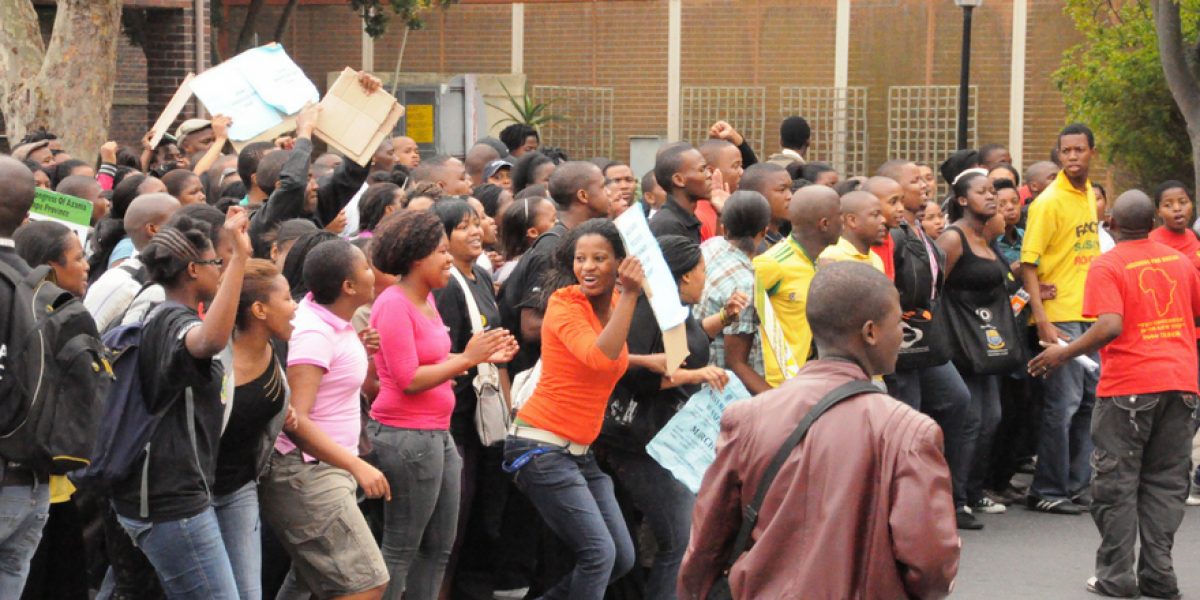Concurrently, countries around the world are undertaking decentralisation initiatives, moving political responsibilities downwards to bring them ‘closer’ to ordinary people. Conceptually, decentralisation presents major opportunities for enhancing citizens’ capacity to engage in governance.
The role of regional governments – provinces, states and so on – in participatory processes has not been explored in much detail. This poses a particular challenge where regional government is being introduced and constructed from scratch.
This paper argues that the basic methods of participation are consistent across different levels of government. However, looking at the experiences of South Africa, a key problem at the regional level is a lack of clarity in respect of the overall institutional design. A clear division of responsibilities between different levels of government, paired with avenues for citizen entry, is essential for robust and meaningful public participation. To this must be added the commitment of governments to involve their citizens and the capacity of citizens to mobilise towards this end. Finally, modern technology offers exciting opportunities to expand the frontiers of participation, and should be enthusiastically embraced.








